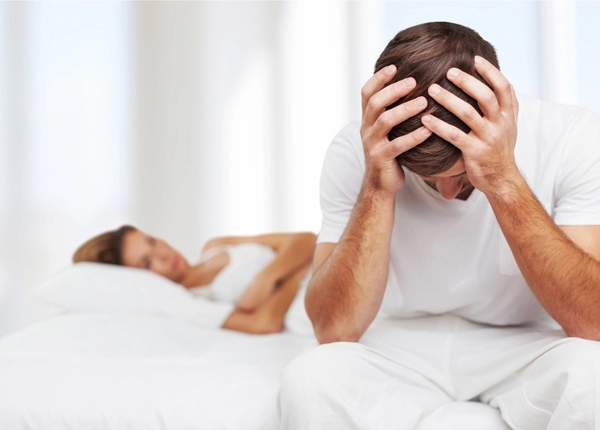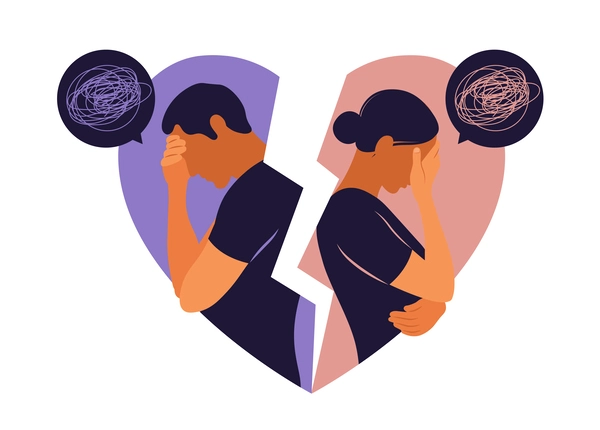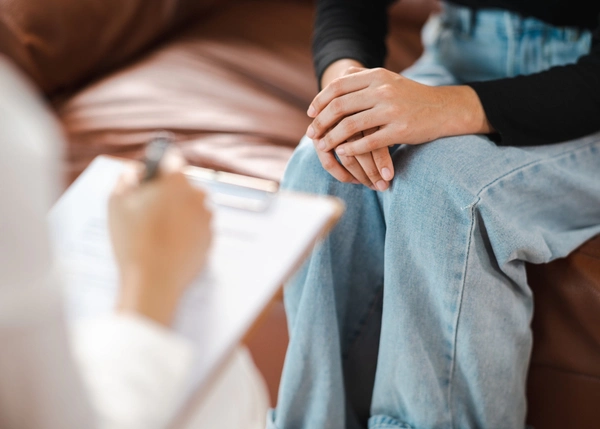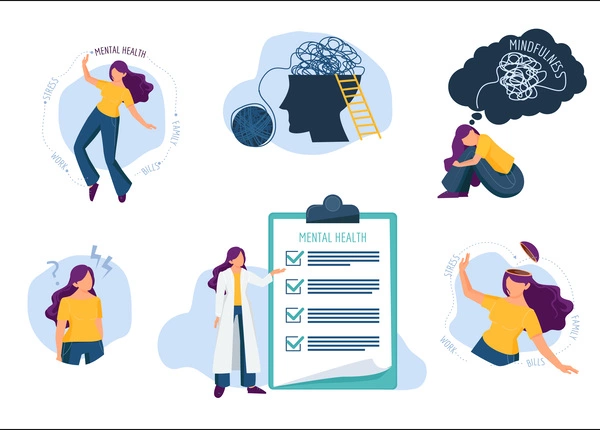Mental health and sexual wellness are deeply intertwined. Conditions like anxiety, depression, and other mental illnesses can significantly impact one’s sex drive, intimacy levels, and overall sexual health and satisfaction. However, with treatment and lifestyle changes, it is possible to experience improvement in both mental health and sexuality.
Many changes, it is possible to experience improvement in both mental health and sexuality.
Sexual Health Anxiety
Many people experience some level of anxiety related to sexuality and sexual performance. However, for those suffering from conditions like generalized anxiety disorder, social anxiety disorder, or panic disorder, sexual health anxiety can become debilitating. Symptoms of sexual health anxiety include worrying excessively about sexual performance, physical attractiveness, or the ability to please a partner.

This type of anxiety can lead to avoidance of intimacy, erectile dysfunction, difficulty reaching orgasm, and a lack of enjoyment during sex. Managing underlying anxiety is key, whether through therapy, lifestyle changes, or medication under a doctor’s care. Cognitive-behavioral therapy (CBT) teaches coping skills to challenge anxious thoughts. Yoga, meditation, and deep breathing are effective ways to relax the nervous system.
Spending quality, non-sexual time with a patient and understanding partner can help relieve pressure and build comfort. With treatment, it is possible to experience less sexual health anxiety and more enjoyment of intimacy.
Sexual health anxiety can be reduced by focusing on stress management techniques. Deep breathing, meditation, yoga, and spending quality time with an understanding partner can help address feelings of sexual health anxiety. Therapy teaches skills to challenge anxious thoughts that interfere with sexuality and intimacy.
Depression and Sex Drive
Clinical depression is strongly linked with low libido and lack of interest in sex. Depression impacts brain chemistry and hormones involved in sex drive. It is common for depression to cause a decreased or nonexistent sex drive.

Partners may feel undesired or rejected when in reality low libido is often a symptom of the underlying depression rather than a reflection of attraction or relationship satisfaction.
Treating depression is important to potentially regain a healthy sex drive. Antidepressants may increase, decrease, or not affect libido, so discussing options with a doctor is recommended. Therapy and lifestyle changes like diet, exercise, and sleep quality improvements can also help lift depression symptoms and in turn boost intimacy levels. With a supportive partner and treatment plan in place, depression need not be a permanent cause of low libido.
The relationship between depression and sex drive is well documented, as depressive symptoms often result in low energy and lack of interest in sex and intimacy. Addressing the underlying depression through therapy, lifestyle changes, and medication if needed can help improve libido over time. Open communication with a supportive partner also helps relieve pressure that may worsen low depression and sex drive.
Intimacy and Mental Health
A healthy intimate relationship can positively impact mental health, but mental illness like anxiety or depression may negatively impact feelings of intimacy in a relationship. Intimacy involves emotional and physical closeness between partners, including non-sexual affection, quality time together, emotional vulnerability, and sexual bonding.

When anxiety or depression is interfering, simple acts of intimacy like cuddling, hand-holding, and kissing may cause discomfort rather than relaxation. Mental health conditions can make it difficult to be emotionally or physically present with a partner.
However, open communication with an understanding and patient partner can help.
Focusing on non-sexual intimacy like back rubs, cooking together, or enjoying shared hobbies may relieve intimacy-related pressure and help rebuild comfort levels over time. With treatment and lifestyle management of the underlying condition, it is possible to experience less interference with intimacy and closer bonding with a partner.
Intimacy and mental health issues are intertwined, and addressing mental health issues makes regaining intimacy and closeness more achievable.
Finding Solutions
The good news is that mental health issues negatively impacting sexuality are very treatable when the underlying conditions are properly managed. Seeking help from a mentally impacted sex is very treatable when the underlying conditions are properly managed. Seeking help from a mental health professional is one of the most impactful steps towards regaining sexual wellness.

A doctor can evaluate symptoms, provide a diagnosis if applicable, and recommend an individualized treatment plan. This may involve therapy, lifestyle changes, and medication if needed. Cognitive behavioral therapy teaches coping skills too. This may involve therapy, lifestyle changes, and medication if needed. Cognitive behavioral therapy teaches coping skills to challenge anxious thoughts interfering with sexuality.
Making sleep, diet, and exercise a priority boosts mental health issues and, in turn, libido. Adequate sleep is restorative, while a whole-foods diet provides energy and nutrients for mental and sexual functioning. Exercise relieves stress and anxiety while improving cardiovascular health and self-esteem.
It’s also important to communicate needs and concerns openly with a patient cardiovascular health and self-esteem.
It’s also important to communicate needs and concerns openly with a patient partner. Together, make intimacy a non-sexual priority through affection, massages, and quality time to relieve pressure. With a treatment plan and support system, most people can experience vast improvement in both their mental health and sexuality. Seeking help is the first step towards regaining wellness in both mind and body.
In Summary
Mental health strongly impacts various aspects of sexuality from libido to intimacy to sexual functioning and satisfaction. Conditions and mental health strongly impacts various aspects of sexuality from libido to intimacy to sexual functioning and satisfaction. Conditions like anxiety, depression and other illnesses can interfere, but with treatment, lifestyle management and support, people can experience relief of symptoms and get their sex life back on track. Addressing underlying mental health issues sets the stage for holistic wellness in both mind and body.


